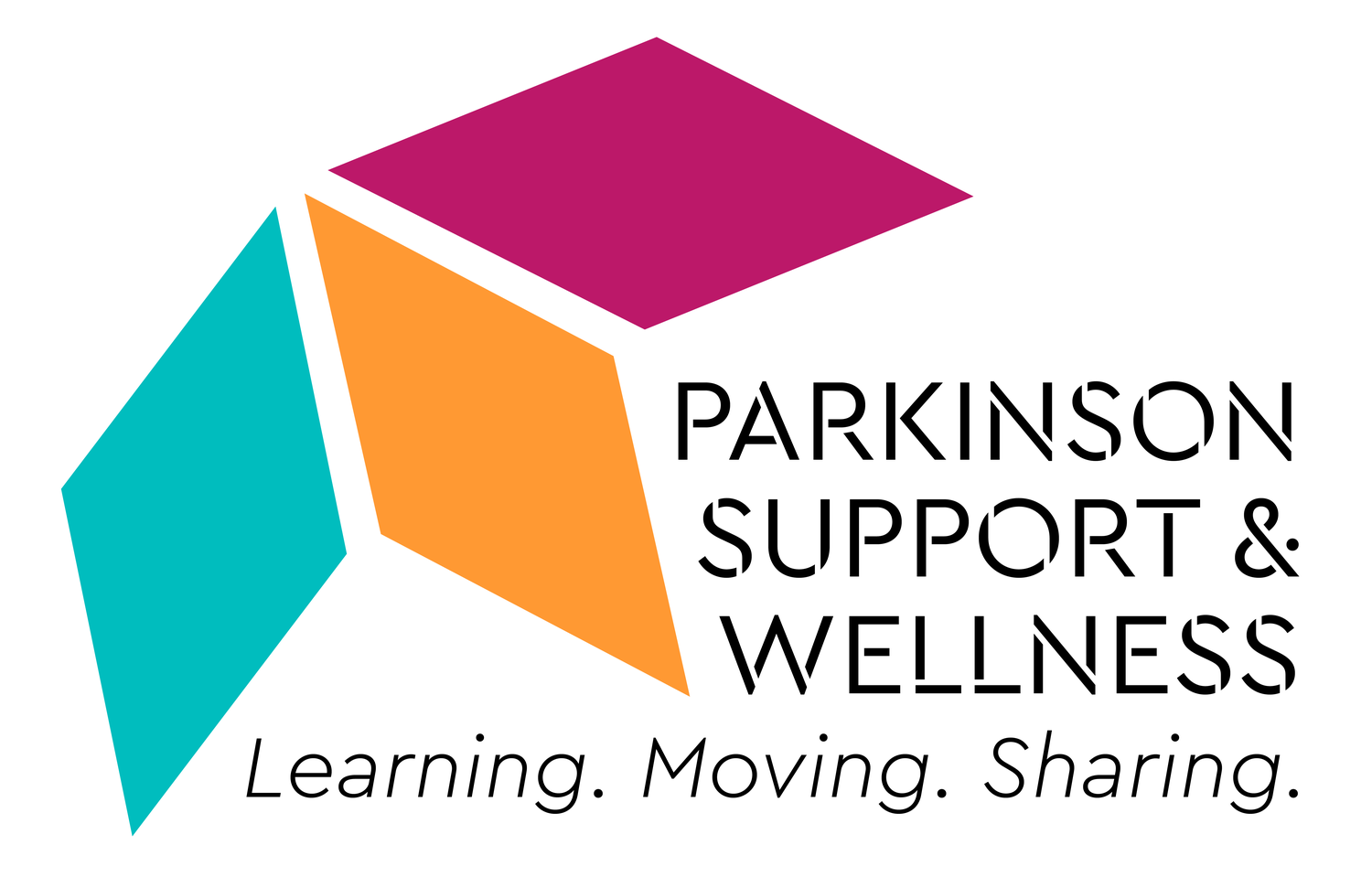Parkinson Support and Wellness is sharing this information on behalf of...
Breakthrough in Parkinson’s research
Recently the Parkinson’s community has been buzzing with news of a research breakthrough. It was announced in the Michael J. Fox Foundation newsletter of Spring/Summer 2023 that a new tool (called the alpha-synuclein seeding amplification assay) has been discovered that “can detect pathology in spinal fluid not only of people diagnosed with Parkinson’s, but also . . . [of those] at a high risk for developing it.”
PD Edu: Parkinson's Isn't What We Think...
Parkinson's Disease: 'Riding' a New Story
How does PD affect your taste buds? Part 2
One of the most common non-motor symptom of Parkinson’s disease – affecting an estimated 90% of PWPs – is a reduction in (or complete absence of) a sense of smell. The reduction is called “hyposmia” and the absence is “anosmia.” Often this symptom predates many others. This loss has the potential to significantly affect our quality of life. The inability to accurately detect odors in one’s environment can be inconvenient (if you can’t tell whether your clothes or your body parts need cleaning and deodorizing) or even dangerous (if you cannot smell a fire or a gas leak.) But a related loss that may perhaps have even more of an impact on one’s quality of life is a reduction in the sense of taste.
2022 Sunflower Rev It Up Symposium
The 18th annual Sunflower Rev It Up Symposium is happening on August 27th at The Oasis Golf and Conference Center in Loveland. This is an annual symposium sponsored by the University of Cincinnati Gardner Neuroscience Institute. The team is excited to be back in person this year. Contents of the symposium include up to date and useful information about Parkinson’s disease, the benefits of intense exercise, practical suggestions for living well with Parkinson’s disease. There will be a patient with PD to tell us their story that inspires all to live our best lives with or without Parkinson’s disease.
The Cincinnati Cohort Biomarker Protocol Research Study
Recently I participated in the Cincinnati Cohort Biomarker Protocol, a research study headed by Dr. Alberto Espay of the UC Gardner Center. In many ways the appointment (my one-year follow-up) was like my regular appointments at the UCGNI. I parked in the same lot underneath, registered at the same desk, and waited in the same “living room” on the 3rd floor.









